The 2024 Capital Law was passed by the National Assembly; the Hanoi Capital Planning for the period 2021 - 2030, with a vision to 2050 and the Adjustment of the Hanoi Capital Master Plan to 2045, with a vision to 2065 were approved by the Prime Minister, and are important legal documents contributing to removing bottlenecks in underground space planning.
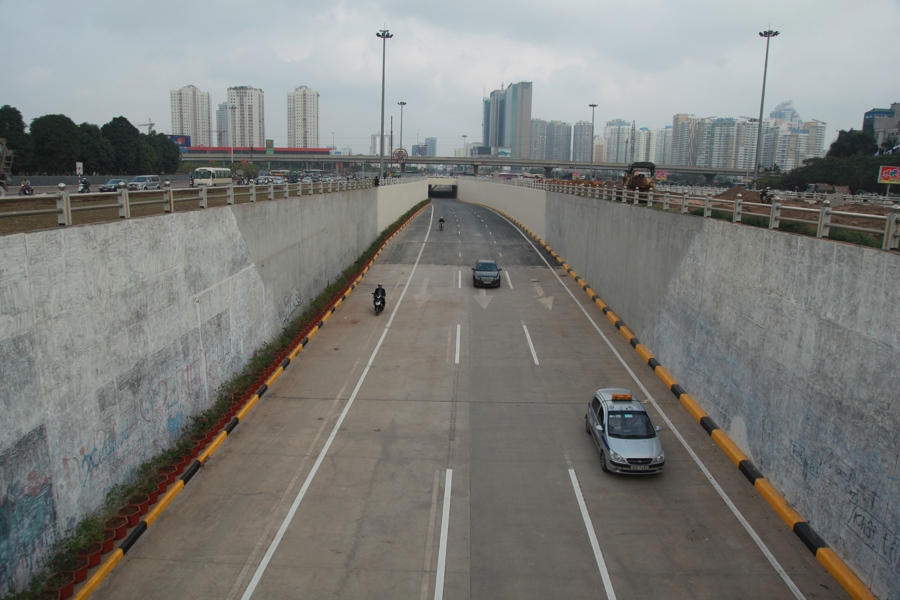
Realizing potential
According to experts and architects, during the French colonial period, underground spaces in the capital were mainly basements, designed and built in villas and used for power lines. Dr. Architect Dao Ngoc Nghiem - Vice President of the Vietnam Urban Planning and Development Association said that when peace was restored, in Hanoi, guests on Pham Dinh Ho Street had 2 basements. Later, they were preparing to renovate to 4 basements and currently there are 6 basements in the hotel. With the characteristics of the Capital Law, Hanoi was early in planning underground spaces, and now it needs to continue to implement to meet practical requirements.
Through continuous growth in recent years, Hanoi has made certain progress in the use of underground space such as high-rise building basements, underground power lines and underground drainage systems. The city has also begun to build the first metro lines (metro line No. 3: Nhon - Hanoi Railway Station) and oriented the use of underground space for the purpose of urban development in the form of TOD (urban development model with public transport as the center).
However, according to experts, reality proves that Hanoi has not fully exploited its potential and advantages to develop underground space. A representative of the Ministry of Construction said that the Capital Law No. 25/2012/QH13 is an important legal document regulating the position, role, responsibility and policies for the construction, development and protection of the Capital. However, after more than 9 years of implementing the above law, the implementation of a number of goals, solutions and regulations set out in the law still has many shortcomings and limitations in a number of areas; including the construction and completion of institutions on the management of urban underground space and the implementation work still has some shortcomings.
According to the Ministry of Construction, the cause of the above shortcomings and limitations is that the implementation of policies and laws is not consistent, timely, and complete, and the effectiveness of mechanisms and policies to develop the capital with its position and role as the heart of the country has not been promoted. Some provisions of the law are also mainly principles and general orientations, lacking provisions on specific mechanisms for implementation in practice.
Therefore, Dr. Architect Dao Ngoc Nghiem said: “The Capital Law assigns Hanoi the task of exploiting underground space on the basis of the Land Law. Previously, we had underground space but only stipulated that owners of above-ground constructions could use the underground part. Currently, we are adjusting underground space. If we solve this well, we will promote great land potential, not only with underground technical infrastructure but also with a system of underground public works.”
According to Ms. Nguyen Thi Phuong - Department of Localities I, Central Internal Affairs Committee, it is necessary to further strengthen the coordination of underground space and above-ground space. According to the provisions of Article 19, Capital Law 2024 on management and use of underground space, the management and use of underground space must comply with the following principles: Based on a full assessment of natural conditions, geology, geomorphology, hydrology; In accordance with strategies, planning, plans...
Building a Modern City
To build Hanoi into an increasingly modern city, it is necessary to further strengthen the coordination of underground and above-ground spaces, promote scientific planning, rational use and meticulous management of underground space resources with specific efforts, and at the same time build high-quality underground space management.
According to Associate Professor Dr. Nguyen Cong Giang, to ensure that Hanoi's underground space can be exploited sustainably, it is necessary to develop a clear planning policy framework and legal principles. These principles include clarifying ownership and use of underground space, setting depth limits appropriate to each development purpose, and ensuring compatibility between different uses.
In addition, there needs to be a plan to reserve underground space for future development needs, including both underground space and surface space for traffic connections and technical infrastructure.
According to some experts, to effectively implement the Capital Law related to this issue, it is necessary to refer to the experience of some developed countries. Through studying the experience of Singapore and Japan, the issue raised in implementing regulations on management and use of underground space in the Capital Law 2024 is to perfect the legal system related to management, exploitation and use of underground space, especially specific regulations on underground depth; on surveying, collecting public opinions, and establishing construction measures suitable to geological conditions. In addition, it is necessary to promptly organize comprehensive and detailed planning for underground space use to achieve the highest efficiency in using underground space; deploy the construction of a national database on underground works; and promote the management of the entire cycle of underground space use management.
At the same time, according to experts, the city needs to strengthen propaganda and dissemination of legal regulations in general and the Capital Law in particular related to the management and use of underground space so that people are clearly aware of their rights and obligations... Thereby, they will agree and support when the city government implements underground construction projects.
Source: https://kinhtedothi.vn/quan-ly-va-su-dung-hop-ly-khong-giant-ngam.html


![[Photo] President Luong Cuong receives Ethiopian Prime Minister Abiy Ahmed Ali](https://vstatic.vietnam.vn/vietnam/resource/IMAGE/2025/4/16/504685cac833417284c88a786739119c)
![[Photo] Many practical activities of the 9th Vietnam-China border defense friendship exchange](https://vstatic.vietnam.vn/vietnam/resource/IMAGE/2025/4/16/3016ed3ef51049219574230056ddb741)
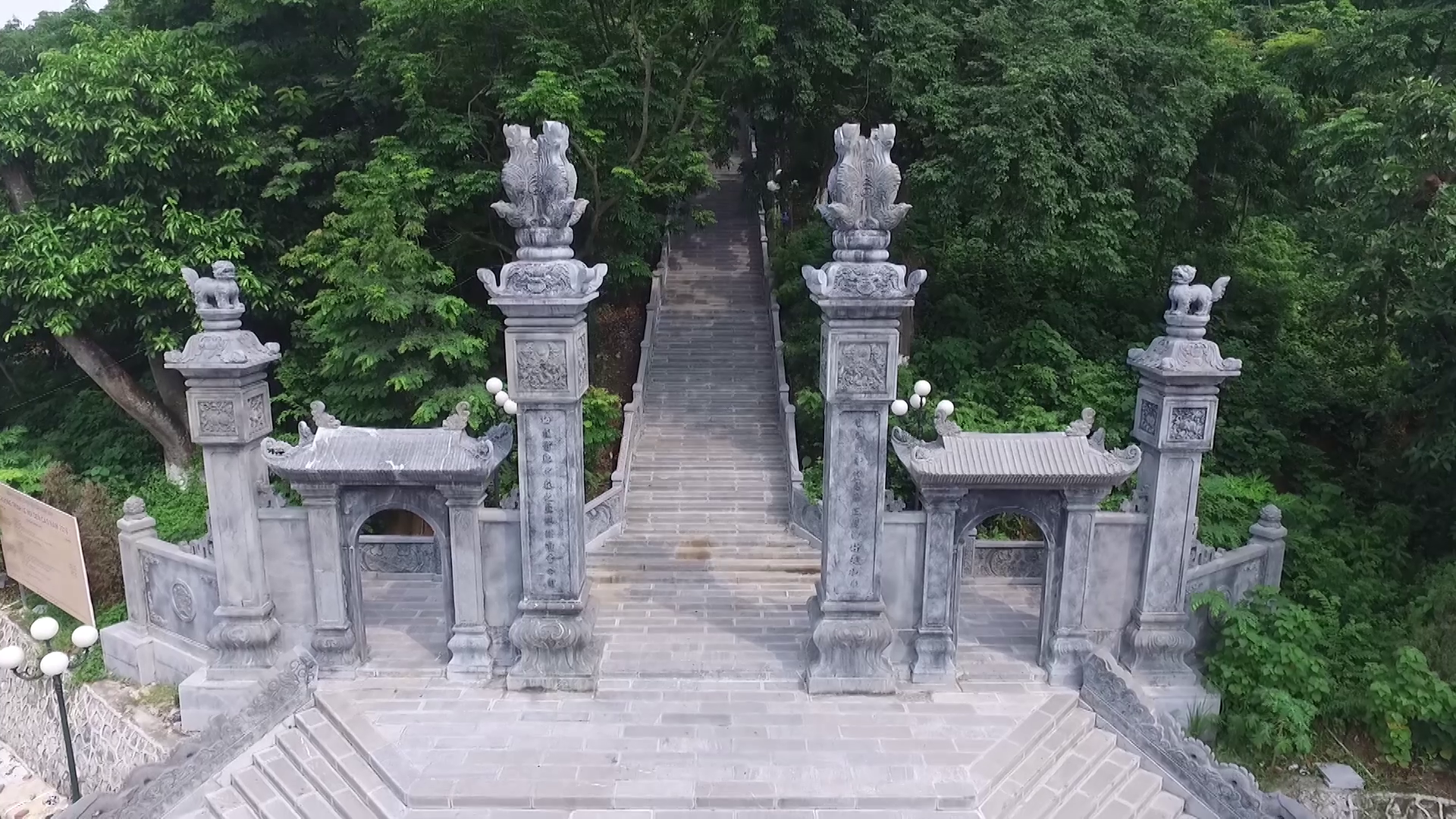

![[Photo] North-South Expressway construction component project, Bung - Van Ninh section before opening day](https://vstatic.vietnam.vn/vietnam/resource/IMAGE/2025/4/17/ad7c27119f3445cd8dce5907647419d1)
![[Photo] Opening of the 4th Summit of the Partnership for Green Growth and the Global Goals](https://vstatic.vietnam.vn/vietnam/resource/IMAGE/2025/4/16/488550ff07ce4cd9b68a2a9572a6e035)
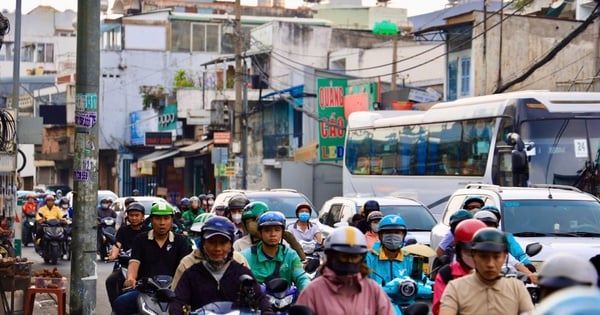

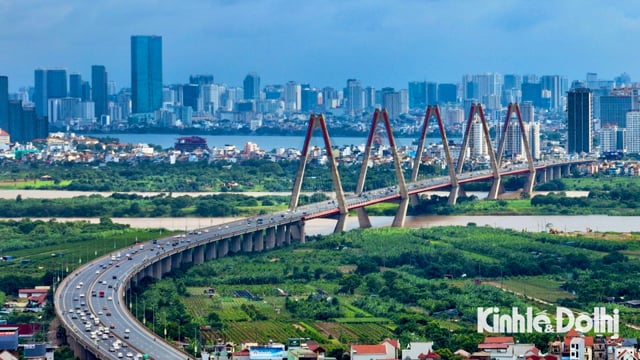
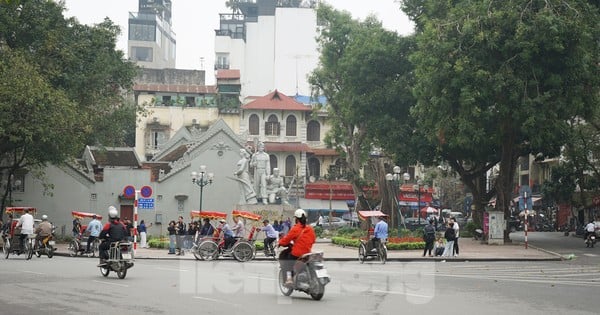

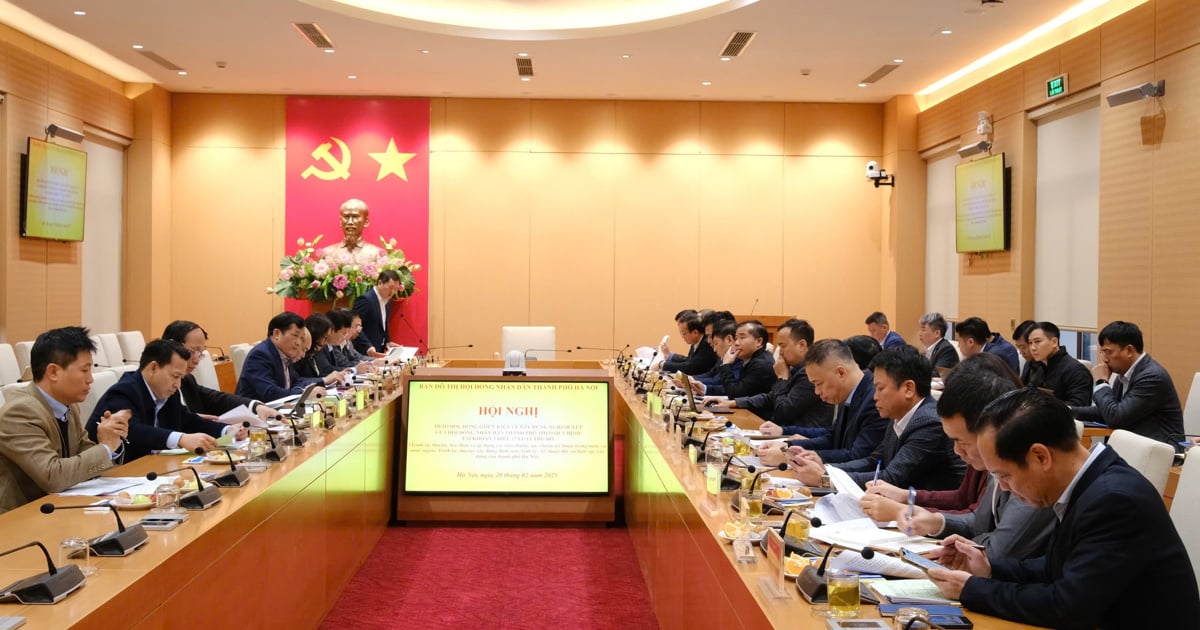
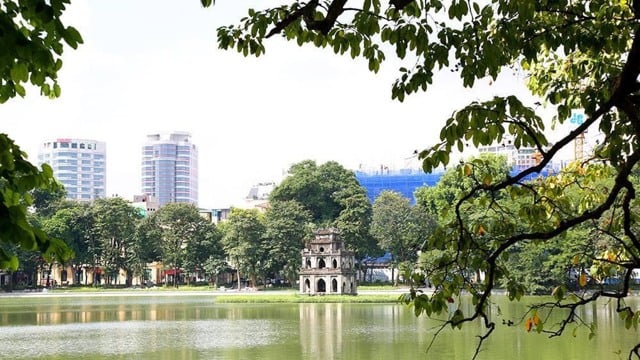
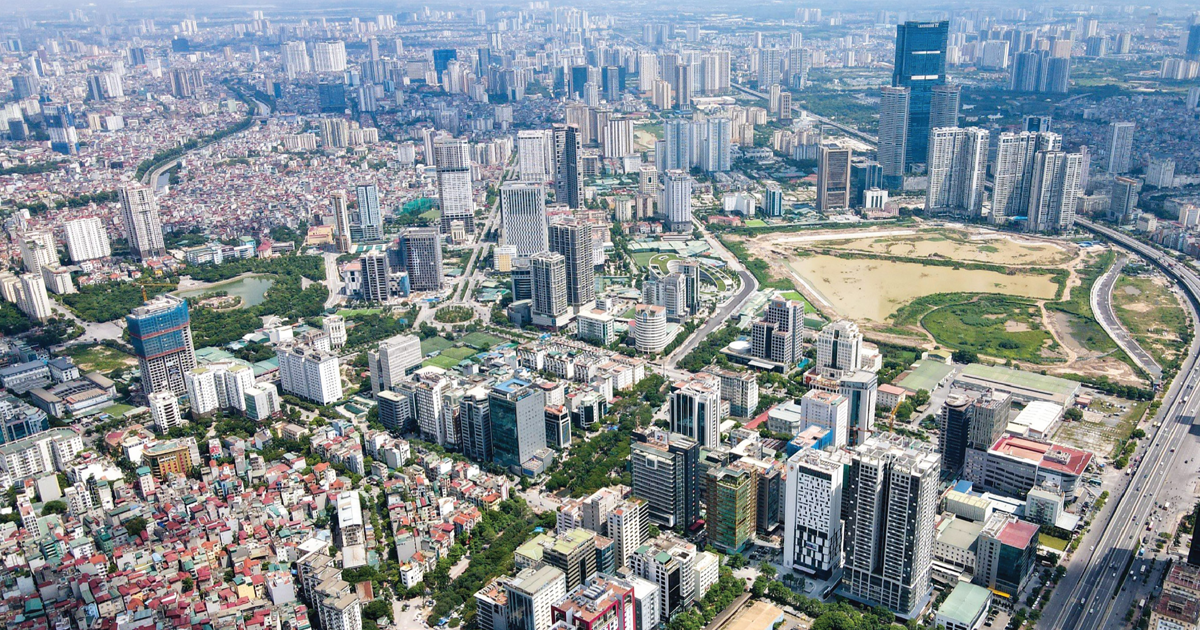
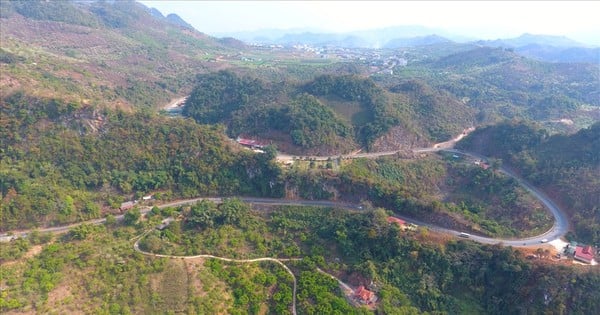
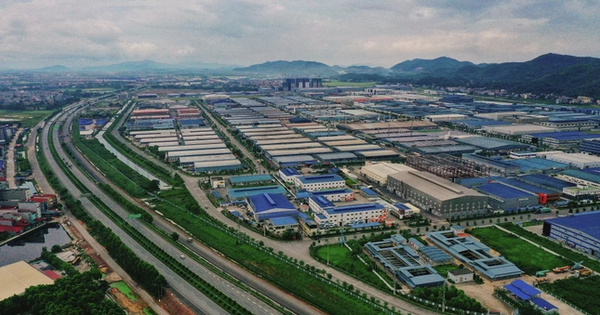
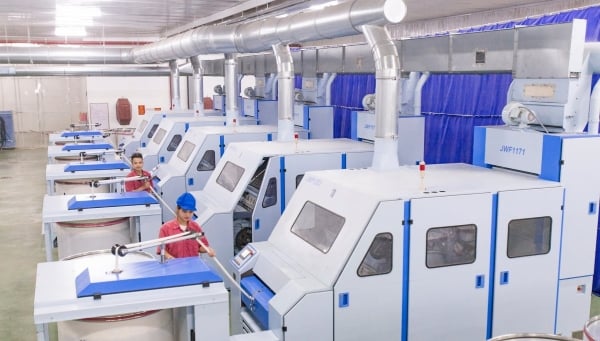


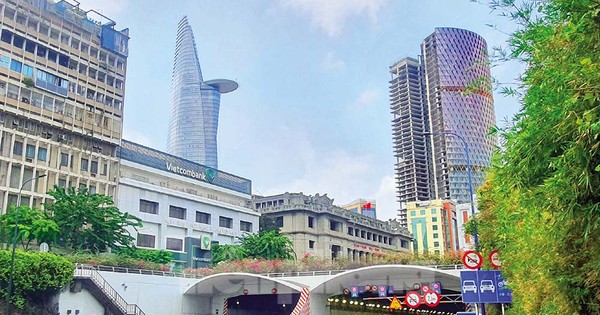






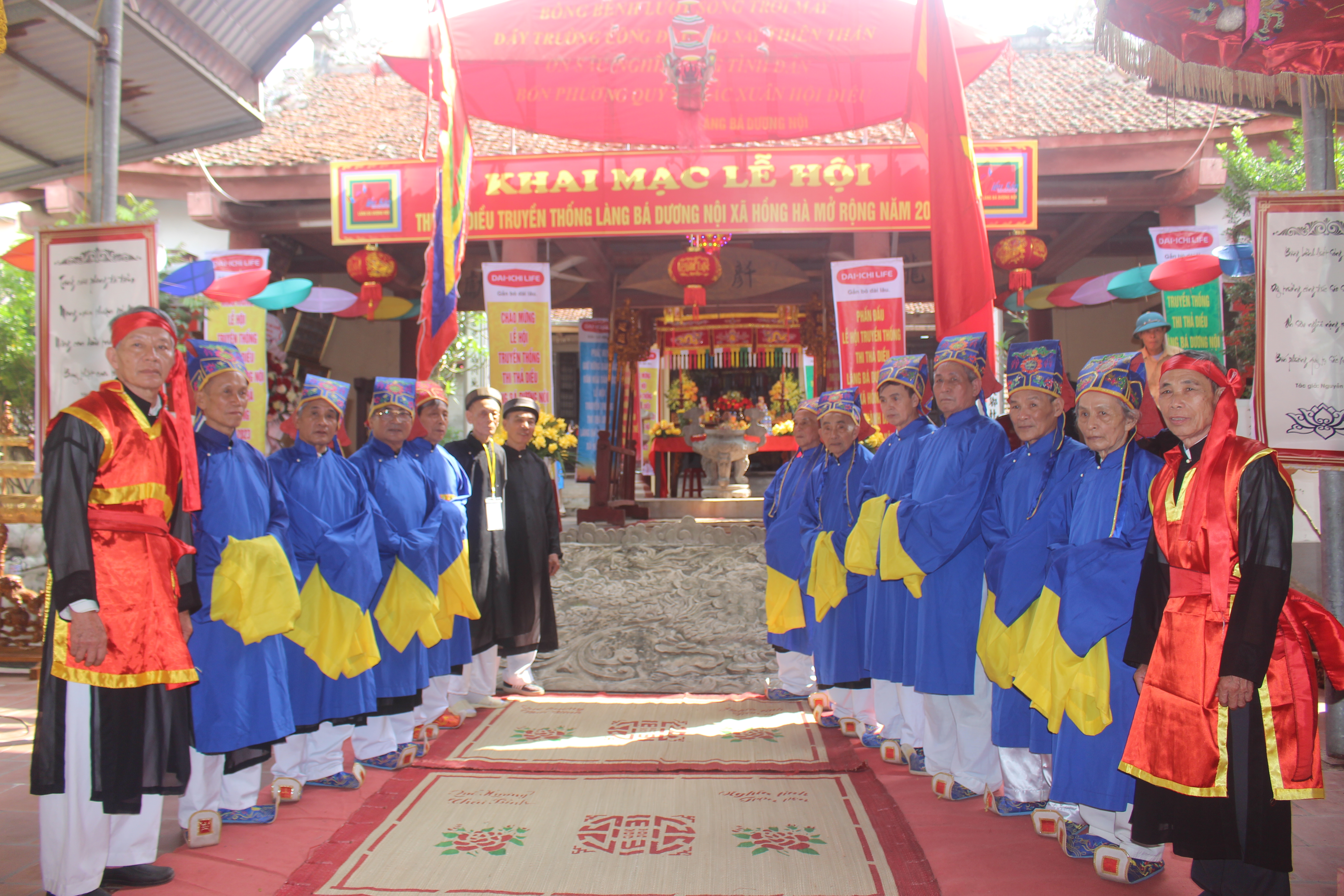



![[Photo] National Assembly Chairman Tran Thanh Man meets with Ethiopian Prime Minister Abiy Ahmed Ali](https://vstatic.vietnam.vn/vietnam/resource/IMAGE/2025/4/16/c196dbc1755d46e4ae7b506c5c15be55)








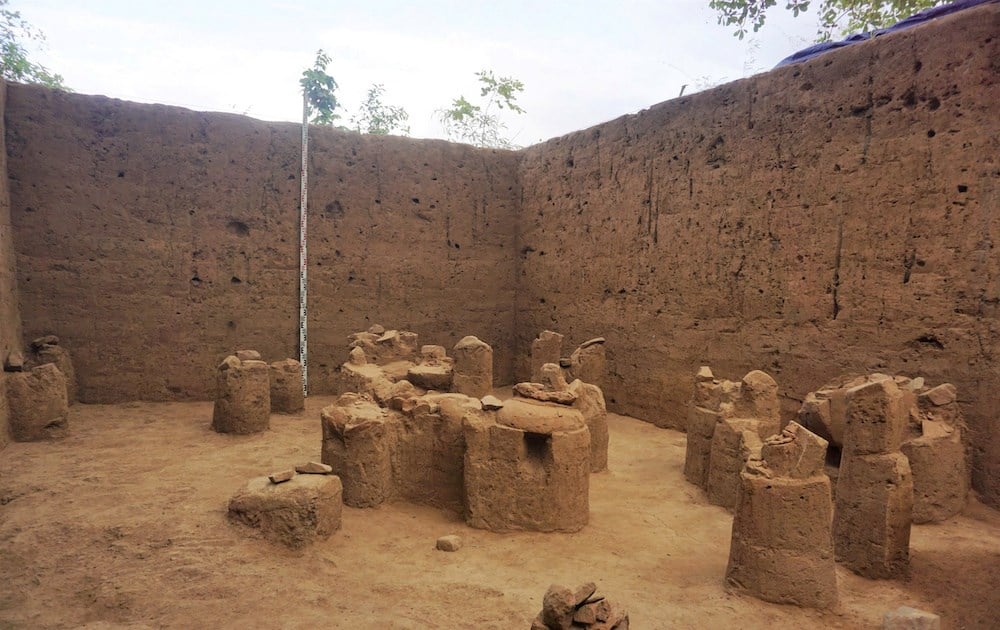








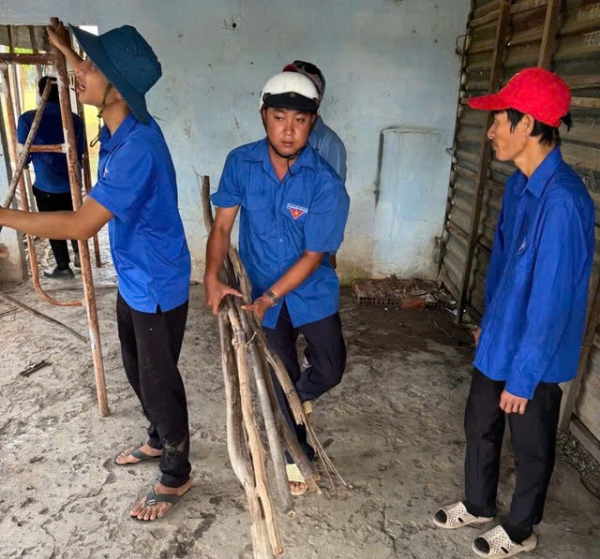



![[Video] Viettel officially puts into operation the largest submarine optical cable line in Vietnam](https://vstatic.vietnam.vn/vietnam/resource/IMAGE/2025/4/17/f19008c6010c4a538cc422cb791ca0a1)
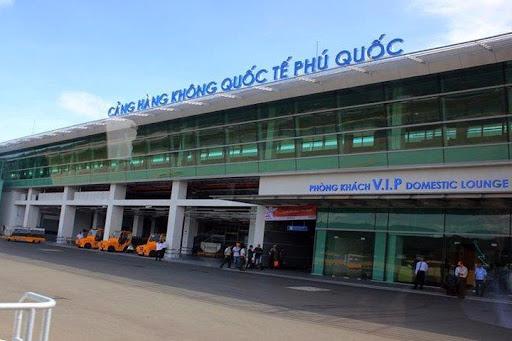







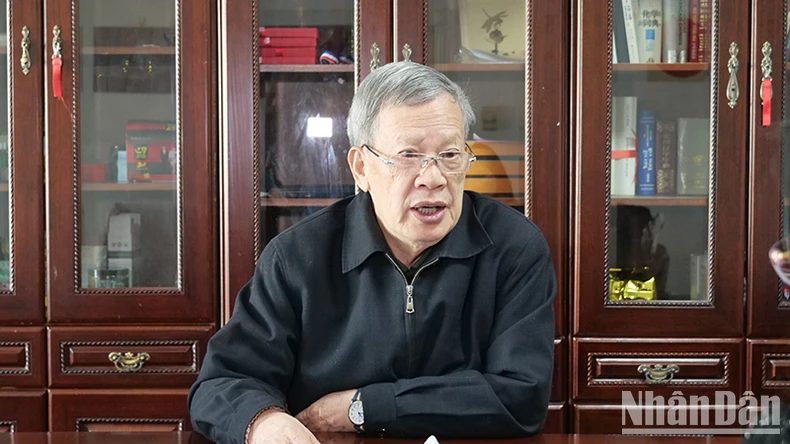






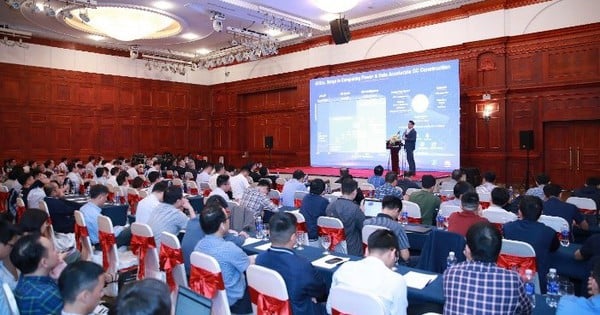




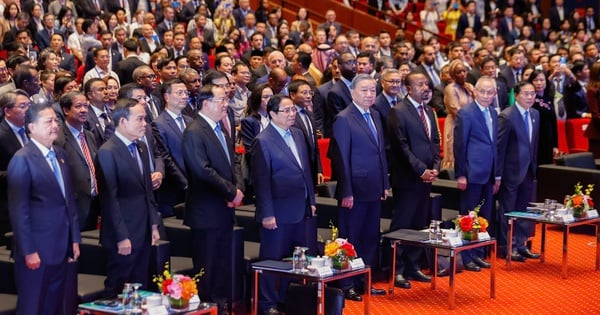
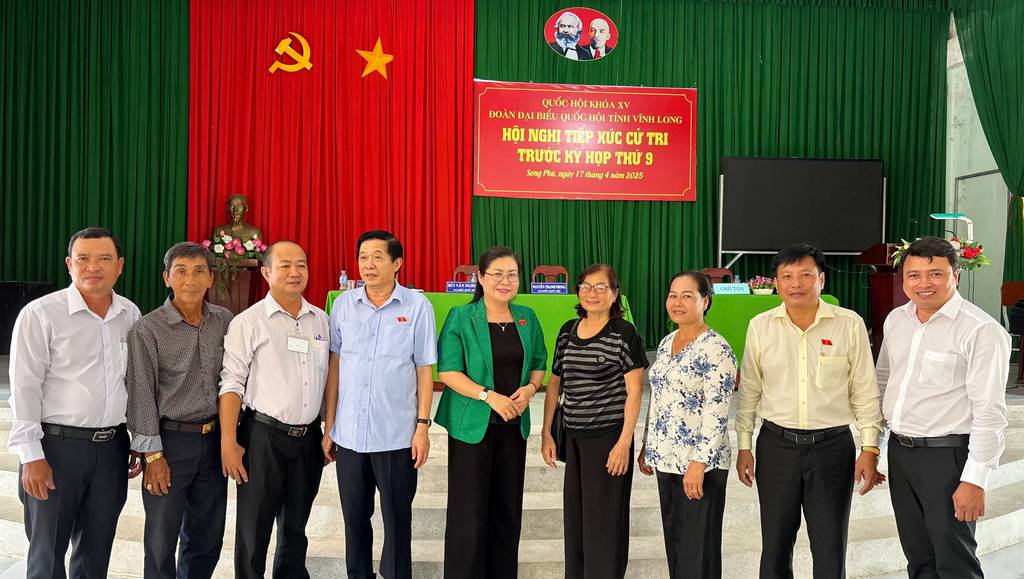
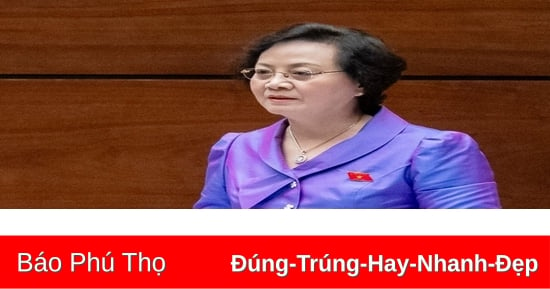





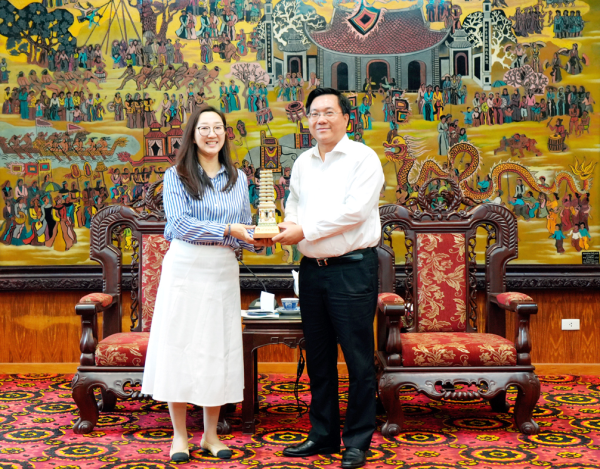














Comment (0)